The day after Bournemouth I came down with a cold. I’d cycled to work which meant a slow cycle home as my head began to get fuzzy and my eyes sore.
I spent the next two days in bed taking part in a Netflix marathon. No number or safety pins required for this, compression sock optional. There was nothing to do but succumb. No training through it, no ‘short easy run’, just rest.
It’s been a big year for running. I’ve bounced from training for my first ultra in January, to my second in March, followed by three marathons in the next two months and then cycled 300 miles to Rotterdam. I took a few days off after Rotterdam and then it was straight back to running, kicking off training for Bournemouth Marathon with a marathon run as part of an iron-distance relay.
Writing it all out here it looks like a lot. It is a lot. But at the time it didn’t feel like a lot.
It’s only when things get on top of you; when little niggles take longer to go than they should, when colds wipe you out harder than usual, and you look back over the past months that it starts to make sense.
As experienced as you are, it’s always good to bounce ideas and plan around with other people, to review what you’ve done with another keen runner. Sometimes the process of just talking makes you realise where you’ve gone wrong.
And I don’t just mean for people like me who say yes to any invitation to go for a run without thinking about whether they should be sitting down instead. If you’ve had a bad race, talking it through can help you see where you can improve. Had a great race? It’s good to understand why it was so good – what did you do that worked?
I met me friend Carys for lunch last week. We talked about running and injuries and training and races. She said to me something that’s very true: “I’m often doing things that I wouldn’t advise other people to do.” And that’s definitely what I’ve done this past year. i really enjoyed every run I’ve done – long or short, training or race. But I wouldn’t advise you to follow my lead.
For now though, there’s nothing for me to do but take it easy for a month or two, rest up, recover from some serious mileage and learn from the past 12 months.
If you’re planning on running your first marathon in 2016, check out the marathon workshop I’ll be holding in January.
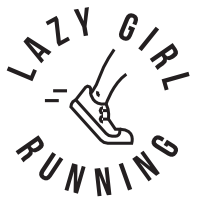


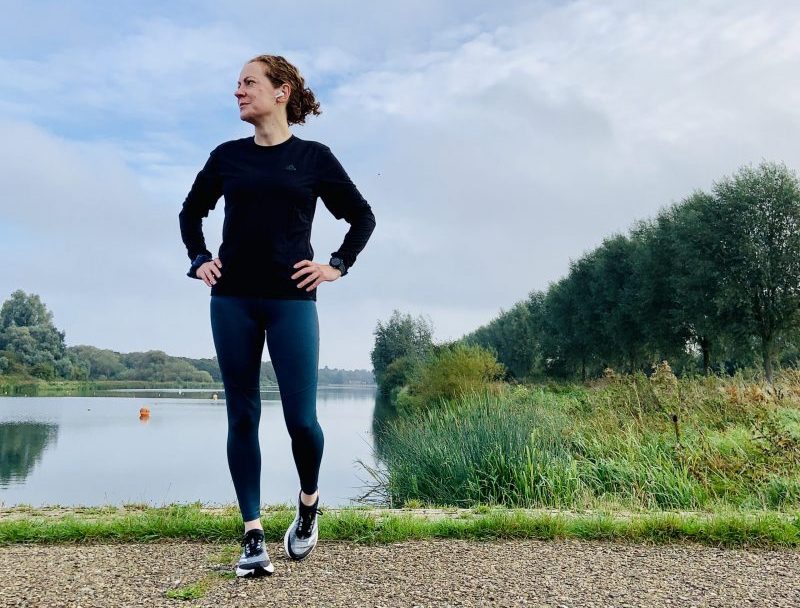
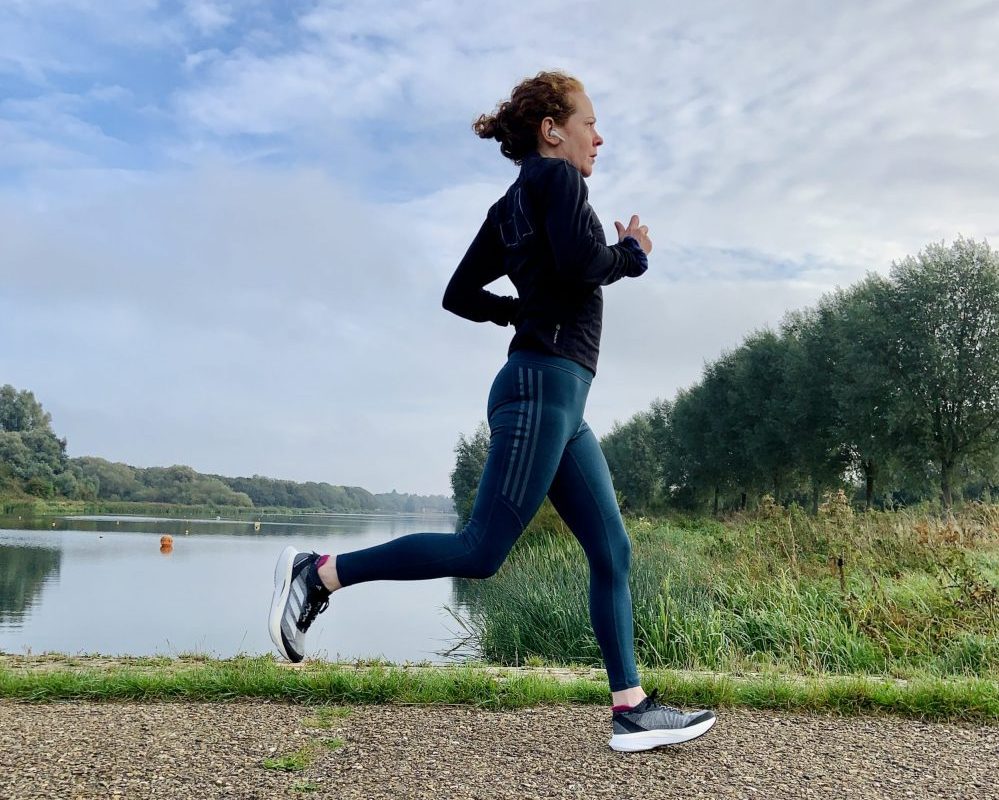
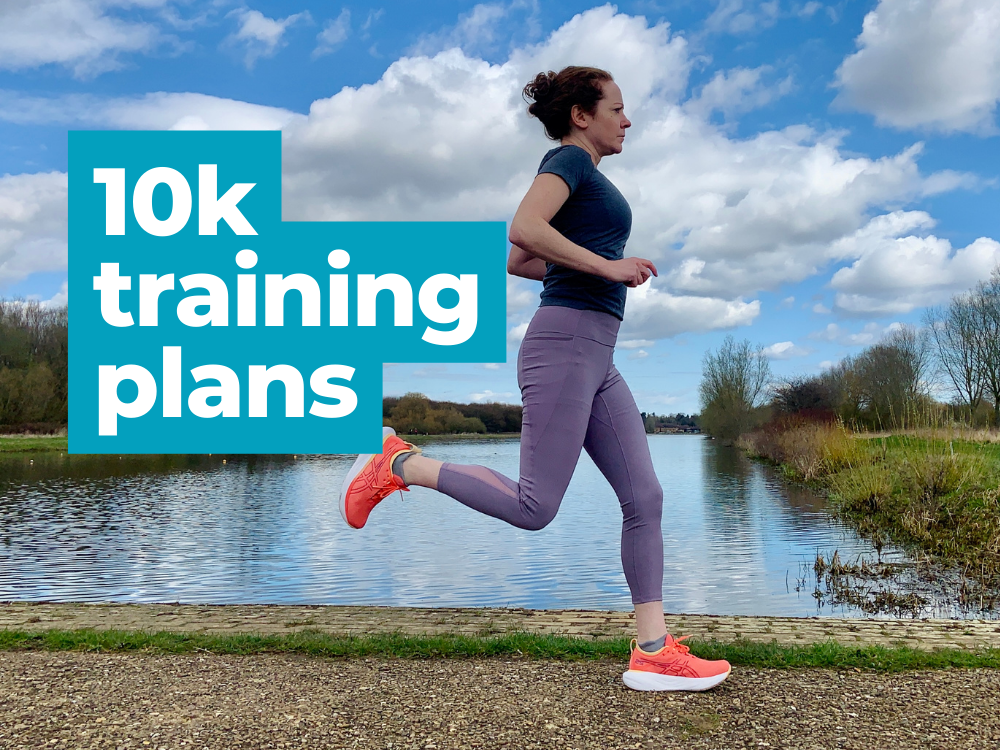
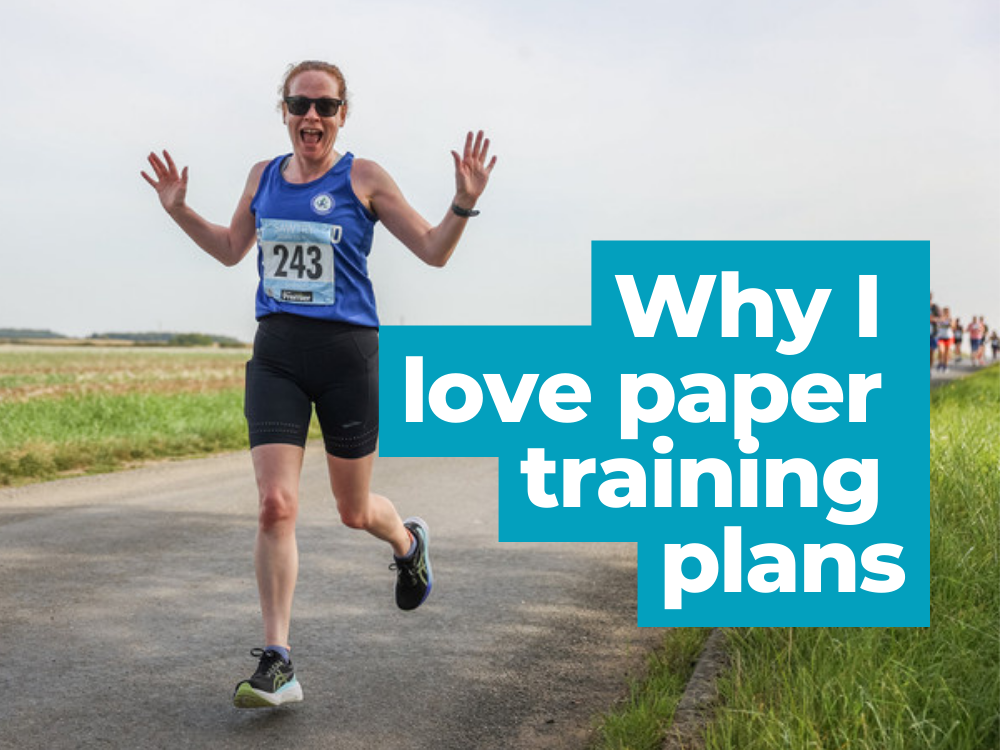
Glad you’re feeling better. On a much smaller scale I know what you mean. This was the year for me to focus on 5k and 10k times and renovating my flat, not long distance racing!
But on impulse I signed up for a half marathon and then was asked to do another for the charity I support. There wasn’t really enough time to train properly for either. I managed to improve my times over all of those distances but now I’m left with ITB issues and a cold I caught from my mum, who came to support me in Royal Parks and see progress on my flat.
I have another race this weekend but I quite like the idea of standing on the sidelines supporting my friends in this one.
Though I’m secretly hoping to be unwell enough for a bit of Netflix…
Hello Laura,
You are probably right:”I’m often doing things that I wouldn’t advise other people to do.”And that´s what I sometimes thought when I read your good book “Lazy Runners”.
That´s what I made wrong when I ran my first Marathon this year in London.I did not listen to other peoples advise:I run to many miles , I often ran to fast and I did not rest enough.
Nevertheless you learnt from your mistake and I hope I learn from mine.
Bye for now, Cle
It amazes me how much you’ve ran in 2015 alone! How do you manage to keep so motivated for back-to-back races? Do you have any specific training tips to help each race not blend together?
Thanks Elly. I use races as training runs a lot of the time and don’t race them all. Which is why I can do a few. Having a lot of running friends who are keen to do races too helps.